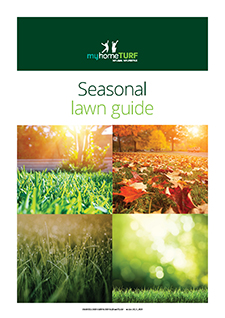When it’s too Hot to Mow Your Lawn!
A healthy lawn provides you and your family with a green, lush and welcoming environment. However, when temperatures rise and the harsh summer sun beats down on your lawn, the ...

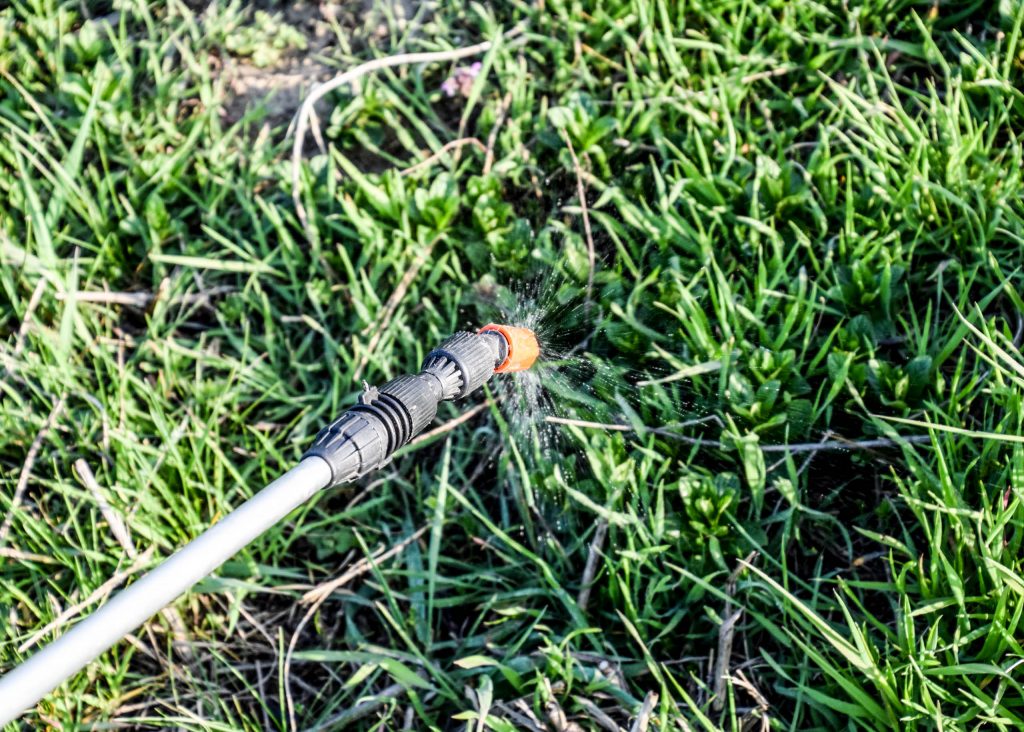 Looking for something to rid your lawn of pesky weeds? If your lawn is being overrun by weeds and pulling them by hand isn’t working, then a selective herbicide is your best weapon.
Looking for something to rid your lawn of pesky weeds? If your lawn is being overrun by weeds and pulling them by hand isn’t working, then a selective herbicide is your best weapon.
Selective herbicides are able to selectively target broad-leaf weeds or grass weeds, depending on the chemical, without harming your lawn, while non-selective herbicides, like glyphosate (Freezone Tuffweed) will kill any plant they come into contact with.
The biggest distinguishing factor between different types of weeds and how they are controlled is whether they are a ‘broad-leaf weed’ or ‘grass weed’.
As the name suggests, grass weeds, like Summer Grass, Winter Grass, and Crab Grass, are biologically very similar to the beautiful grass that makes up your lawn, and the safest way to eliminate them is with a selective pre-emergent herbicide.
A selective pre-emergent herbicide kills the weeds as they germinate from their seeds while leaving your established lawn safe to continue thriving.
Broad-leaf weeds are much easier to control with a selective post-emergent herbicide as they are much more biologically diverse from your grass lawn. Find out more about pre and post-emergent herbicides in this article.
Selective – Selective herbicides work by targeting specific metabolic processes that plants rely on to survive. Not all plants have the same metabolic processes, so by using a selective herbicide that is safe for your lawn, you can target and eliminate specific weeds without risking your lawn.
For instance, Bow and Arrow is a liquid selective herbicide that controls Broadleaf Weeds, White Clover, Plantain, Capeweed, Cat’s Ear, Bindii, Cudweed and Creeping Oxalis. It is also suitable for use on Zoysia, Kikuyu, Couch and Buffalo grasses.
Non-selective – Non-selective herbicides, such as glyphosate ( or organic alternatives, such as nonanoic acid (Slasher), will harm or kill any living plant they come into contact with, so these are best applied carefully around paths, patios, gardens and bare soil to eliminate weeds in unwanted places.
Benefits
Considerations
Benefits
Considerations
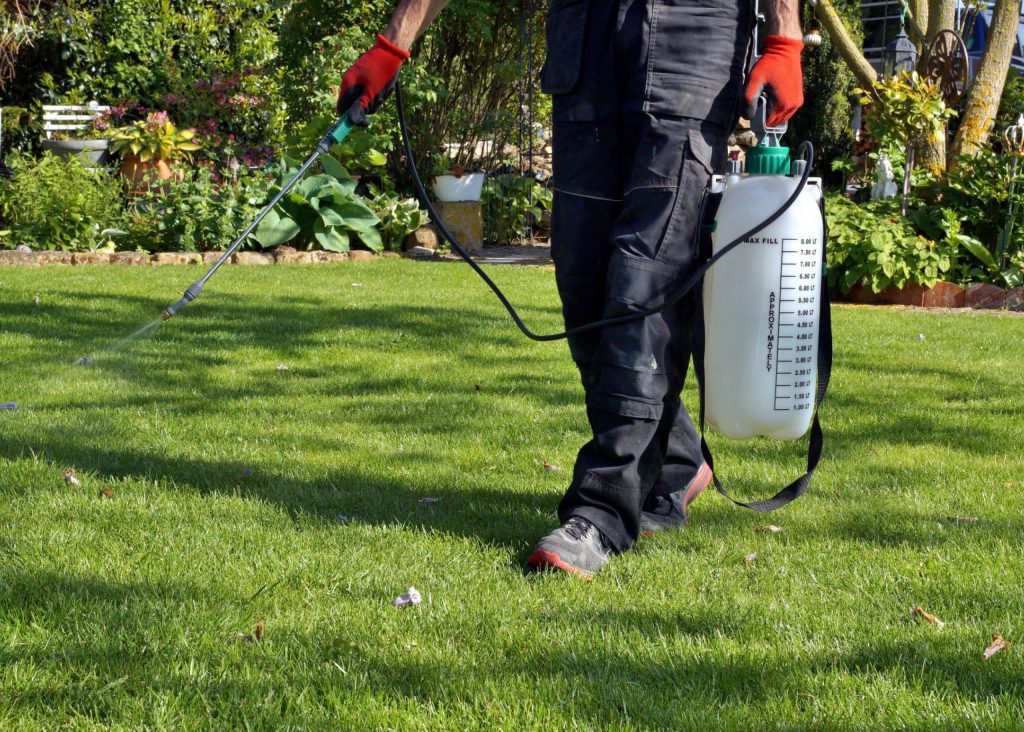 Spraying weeds can be a highly complicated matter as there are different herbicides to treat different lawn weeds.
Spraying weeds can be a highly complicated matter as there are different herbicides to treat different lawn weeds.
However, once you know the weed type(s) you can purchase the appropriate herbicide for your needs and apply it with reasonable certainty when following the instructions on the label.
Just remember, for specific weed control use the correct selective herbicide, and for a total clearing of weeds on bare ground, or an old lawn, use a non-selective herbicide.
Most importantly, if using a selective herbicide always check on the label to see if it is suitable for your lawn variety.
myhomeTURF’s online shop has a range of selective and non-selective herbicides to suit your weeding requirements.
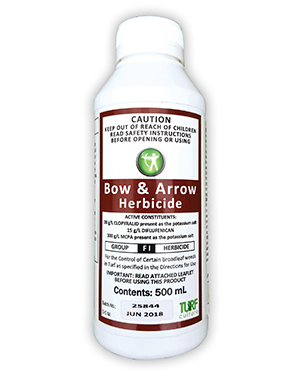
Bow and Arrow 500mL is one of the most effective broadleaf liquid herbicides on the market. Suitable for Zoysia, Kikuyu, Couch and Buffalo grasses however transient discolouration may occur on Kikuyu, Carpet and Queensland Blue Couch lawns. Always read the safety directions and instructions on the product label before use.
SHOP NOW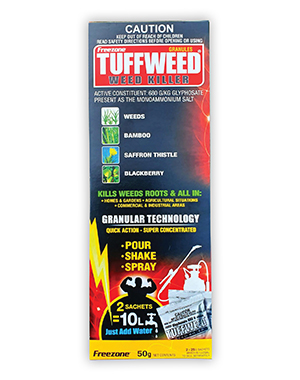
Freezone TUFFWEED is a super concentrate selective herbicide that combats the toughest of weeds. Application of Freezone TUFFWEED is best using a spray pack. Always read the safety directions and instructions on the product label before use.
SHOP NOWSign up for our Newsletter to receive your free guide.
